Options for Charitable Giving
By Kate Coyle
I recently participated in a panel discussion on charitable giving which was sponsored by one of my favorite non-profit organizations in town. It got me thinking: North Idaho is lucky to be blessed with many non-profit organizations which serve such different needs in our community. From animal shelters to soup kitchens, senior centers to foster care organizations, you can find a non-profit that aligns with your passions and to which you can give your time, energy, and money.
I meet with so many people who want to give to organizations like the one I mentioned, but they don’t know where to start. Also, many want to give but can’t do so now, and that is where planned giving comes into play. Below are some options to consider if charitable giving is something about which you would like to know more.
Wills and Revocable Trusts
You can leave specific amounts, specific property, a percentage, or the remainder of your property to a nonprofit organizations through the distribution provisions of your Will or your Revocable Living Trust. This is known as a charitable bequest. Be sure to know the specific name of the organization that you are listing in your estate planning documents, and it is also helpful to know the Tax Identification Number of the organization. If you want the funds to be used for a specific purpose, you can certainly designate that as well!
Charitable Remainder Trusts/Charitable Lead Trusts
A charitable remainder trust is a type of irrevocable trust that allows donors to donate assets to charity while still generating income for themselves or their beneficiaries. It pays a fixed amount of income annually to the donor, and the charity receives the remainder upon the donor’s death. A charitable lead trust operates in the opposite direction: the charity receives income during the donor’s lifetime, and the donor’s beneficiaries receive the remainder upon the donor’s death.
Beneficiary Designations
Just as you can name a person as the beneficiary of a bank account, IRA, 401k, investment account, life insurance policy, etc., you can name a charitable organization as the beneficiary to receive the asset upon your death. You can contact your financial institution to review and/or change your beneficiaries any time.
As always, Coyle & Eyman are here to help answer your questions and ensure that your estate passes to the people and organizations that are important to you!

